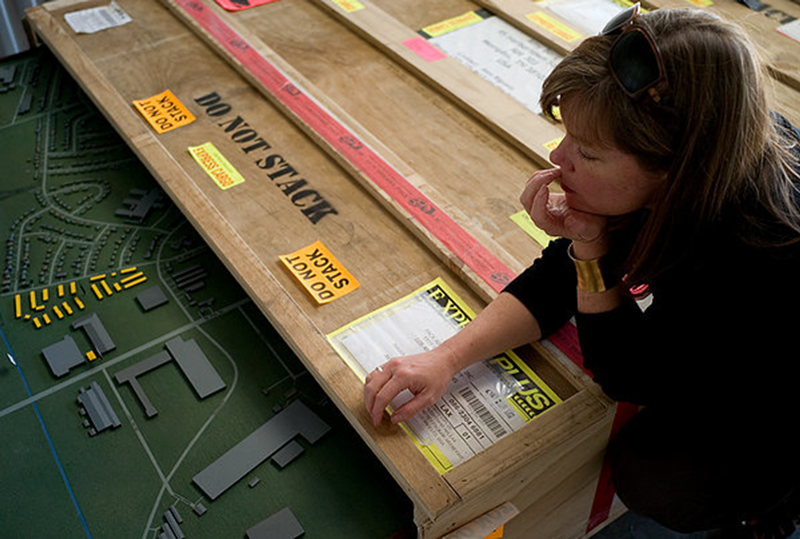West of Memphis is one of those stories that we would like to believe can’t really be true. A monumental miscarriage of justice leads to three young men (Damien Echols, Jason Baldwin, and Jessie Misskelley, Jr.) being found guilty of killing three young boys in West Memphis, Ark. Heightened sensitivity based on the ages of the victims galvanized a community and its officials to act without concern for the facts. One of the fascinating aspects of co-writer and director Amy Berg’s film, West of Memphis, is that it is a documentary investigation inspired, it seems, in part by The Paradise Lost trilogy from Joe Berlinger and Bruce Sinofsky, but where that acclaimed series took the facts and crafted compelling stories from each of the three acts over time, Berg pares it all — time and circumstance — down into one digestible narrative, no doubt with the able assistance of producers (and staunch West Memphis Three supporters) Peter Jackson and Fran Walsh. Jackson and Walsh are by no means the only celebrities (Henry Rollins, Natalie Maines, Johnny Depp to name a few) to lend a hand during the arduous process. Rollins, in particular, speaks of how the perceived differences of these three young men, at the time of the incident, reminded him of his own teenage situation. The overall scenario is rife with elements certain to sway any viewer dares to immerse themselves in the details. Yet, there is a glaring indictment of our current system of justice that simply cannot be overlooked. Any sense of fair play in the courts has been removed, leaving in its wake, a process dominated by appeals to celebrities who can raise funds and awareness in defense of the defenseless. But what happens if you aren’t able to secure high-end public figures to fight and lobby on your behalf? Now open at Esquire Theatre. (R) Grade: A
West of Memphis
West of Memphis is one of those stories that we would like to believe can’t really be true.
- Local Cincinnati
- News & Opinion
- Arts & Culture
- Things to Do
- Food & Drink
- Music
- Cincinnati in Pictures
- About City Beat
- About Us
- Advertise
- Contact Us
- Work Here
- Big Lou Holdings, LLC
- Cincinnati CityBeat
- Detroit Metro Times
- Louisville LEO Weekly
- St. Louis Riverfront Times
- Sauce Magazine


